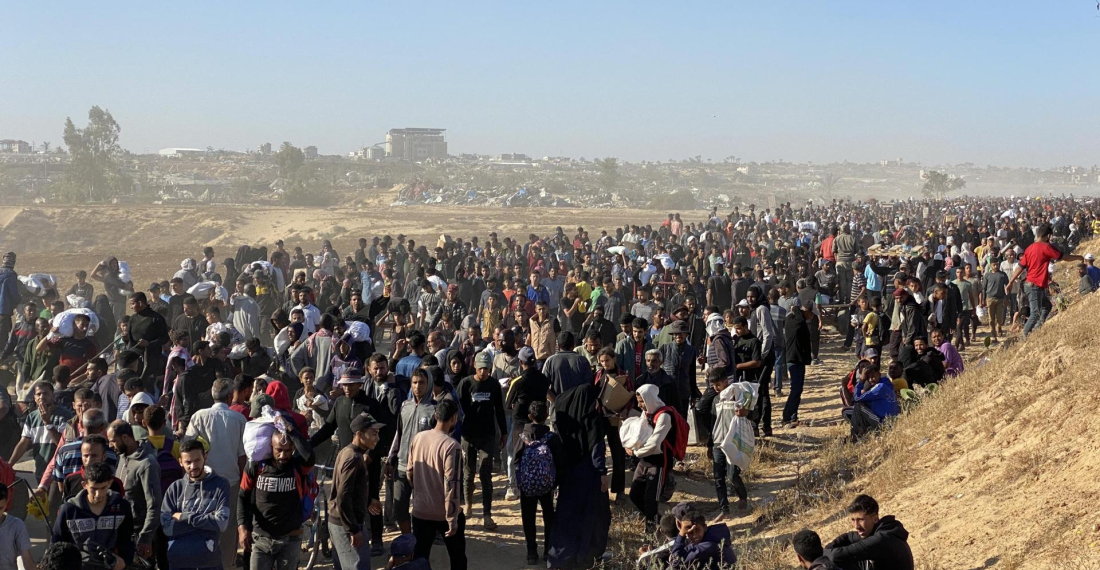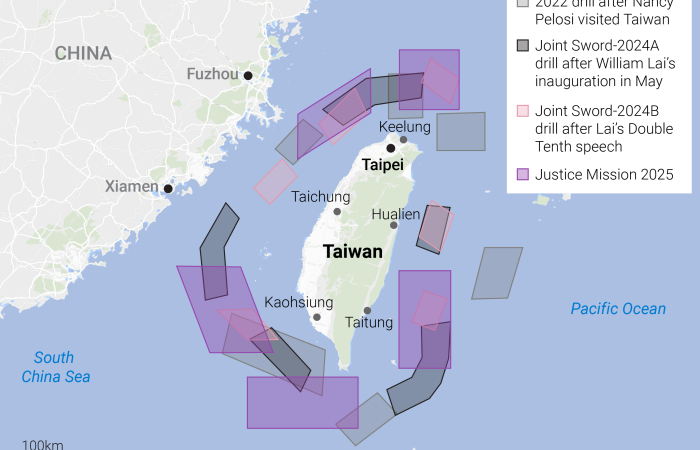Israel has accepted a new U.S. proposal for a temporary ceasefire with Hamas, the White House said on Thursday. White House press secretary Karoline Leavitt told reporters that Israel “backed and supported” the new proposal. Hamas officials gave the Israeli-approved draft a cool response, but said they wanted to study the proposal more closely before giving a formal answer.
“The Zionist response, in essence, means perpetuating the occupation and continuing the killing and famine,” Bassem Naim, a top Hamas official, told The Associated Press. He said it “does not respond to any of our people’s demands, foremost among which is stopping the war and famine.” Nonetheless, he said the group would study the proposal “with all national responsibility.”
U.S. President Donald Trump’s special envoy, Steve Witkoff, expressed optimism earlier this week about brokering an agreement to halt the Israel-Hamas war and return more of the hostages captured in the attack that ignited it.
Hamas had previously said it had agreed with Witkoff on a “general framework” of an agreement that would lead to a lasting ceasefire, a full Israeli withdrawal from Gaza, an influx of aid, and a transfer of power from the militant group to a politically independent committee of Palestinians.
Witkoff has not publicized his latest proposal, but a Hamas official and an Egyptian official independently confirmed some of the details. According to the Associated Press, they spoke on condition of anonymity to discuss the sensitive talks.
They say it calls for a 60-day pause in fighting, guarantees of serious negotiations leading to a long-term truce and assurances that Israel will not resume hostilities after the release of hostages, as it did in March. Israeli forces would pull back to the positions they held during the ceasefire Israel ended that month.
Hamas would release 10 living hostages and a number of bodies during the 60-day pause in exchange for more than 1,100 Palestinians imprisoned by Israel, including 100 serving long sentences after being convicted of deadly attacks.
Each day, hundreds of trucks carrying food and humanitarian aid would be allowed to enter Gaza, where experts say a nearly three-month Israeli blockade has pushed the population to the brink of famine.
Israeli Prime Minister Benjamin Netanyahu has refused to end the war until all the hostages are released and Hamas is either destroyed or disarmed and sent into exile. He has said Israel will control Gaza indefinitely and facilitate what he refers to as the voluntary emigration of much of its population.
Palestinians and most of the international community have rejected plans to resettle Gaza’s population, a move experts say would likely violate international law. Hamas has said it will only release the remaining hostages, its only bargaining chip, in return for more Palestinian prisoners, a lasting ceasefire and a full Israeli withdrawal. It has offered to give up power to a committee of politically independent Palestinians that could oversee reconstruction.
Hamas is still holding 58 hostages. Around a third are believed to be alive, though many fear they are in grave danger the longer the war goes on. Thousands of Palestinians have been killed since Israel renewed its airstrikes and ground operations after ending a ceasefire in March.






